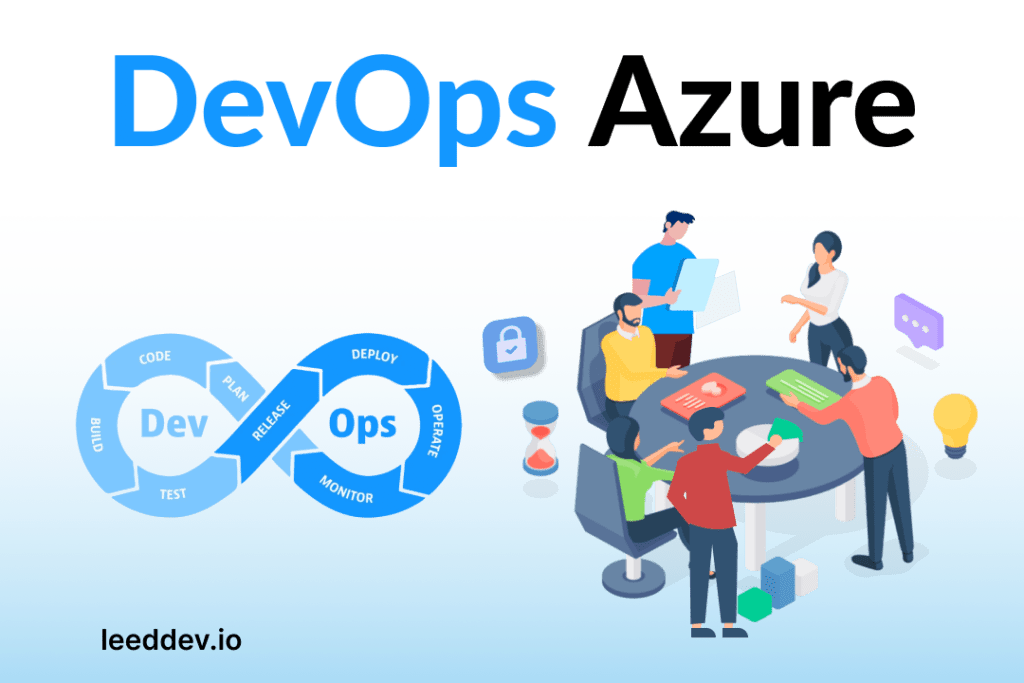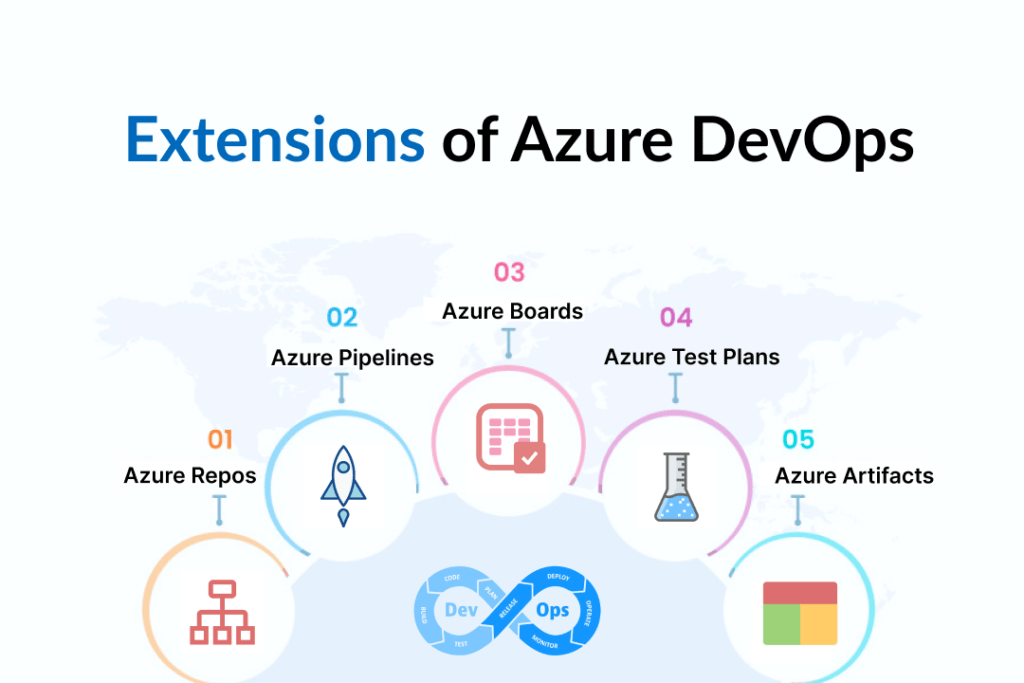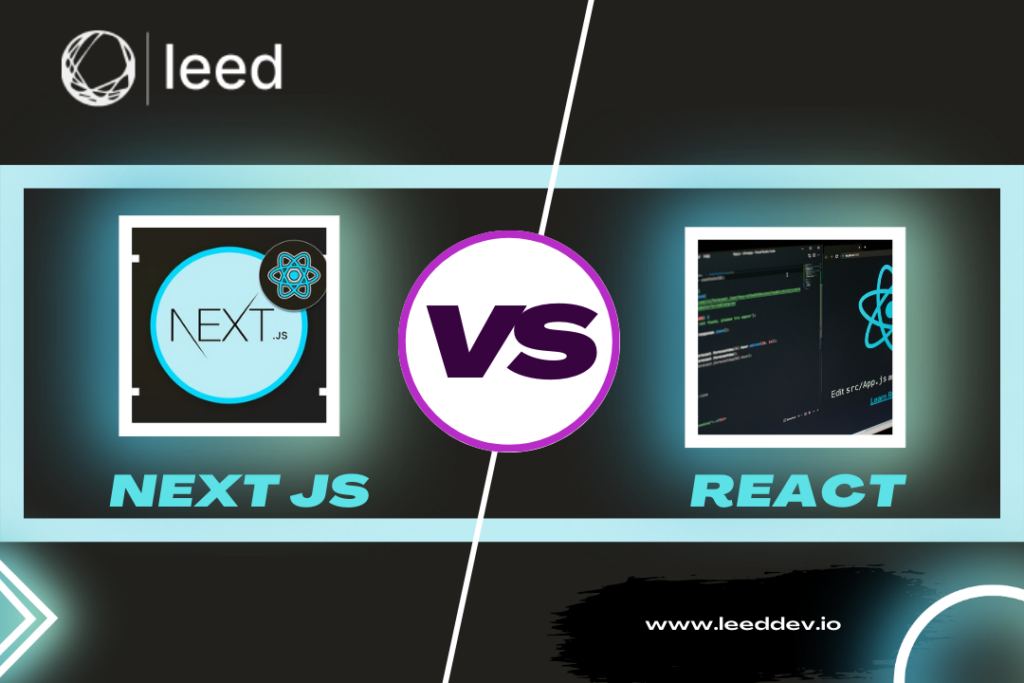Why Choose Azure DevOps?
We don’t need additional infrastructure because Azure DevOps extensions provides scalability through its cloud-based platform. It allows for extensibility with a wide range of plugins and extensions to add other functionality. The platform provides tools backlogs, boards, and sprint planning. These features make Azure DevOps an excellent option for the organizations. It helps in improving collaboration and communication and increases productivity.
Extensions of Azure DevOps
Azure DevOps is a collection of services organizations can use to build, test, and deploy software. These services can be extended using Azure DevOps extensions. Azure DevOps extensions add additional functionality and capabilities to the Azure DevOps platform. These extensions can be created by Microsoft or by third-party developers. They are used to integrate with other tools and services. Adding custom functionality can be done using these extensions.
Some of the server extensions of Azure DevOps include:
- Code Search: Responsible for providing fast, flexible, and accurate search across the code.
- Time Tracker: It is a complete solution to track time for teams and professional developers.
- Azure Pipeline Microsoft: Allows users to automate their code’s build, test, and deployment. It provides build and release services to support continuous integration and delivery of your applications.
- Dependency Track: Helps with the integration between Azure DevOps and Dependency Track.
- Azure Boards: Allows users to track work items, bugs, and features. It delivers Agile tools to support planning and tracking work, code defects, and issues. Kanban and Scrum methods are used for this
- Azure Test Plans: Allows users to plan, track and manage tests, including manual and automated testing. It provides several tools to test your apps, including manual and continuous testing.
- Azure DevOps Server: Allows users to run Azure DevOps on-premises
Benefits of Azure DevOps:
Some benefits of using Azure DevOps are:
- Collaboration: Azure DevOps enables teams to collaborate and communicate effectively, allowing for better coordination and faster development.
- Scalability: Azure DevOps is a cloud-based platform. It means that it can scale up or down as needed without the need for additional infrastructure.
- End of Upgrade Cycle: Organizations needs to do upgrades running on-premises CI/CD tooling. Moving to Azure DevOps means no need to worry about upgrading the toolchain.
- Extensibility: With a wide range of plugins and extensions Azure DevOps can be extended
. Integration with other tools and services is possible. - Security and Compliance: Azure DevOps provides built-in security and compliance features. The services include multi-factor authentication, role-based, and access control. This ensures that organizations can use the platform with confidence, knowing that their data is secure.
Read Also: Optimize Your App Performance With Core App Dashboard
Conclusion
DevOps Azure is a powerful platform that provides a wide range of tools for software development. It enables teams to collaborate and communicate effectively, allowing for better coordination and faster development. The platform provides tools for agile development, which can help teams work more efficiently. Azure DevOps also will enable teams to automate the building, testing, and deploying of code. This helps in saving time and reducing errors.
Frequently Asked Questions (FAQs)
Q No.1 What is Azure DevOps and what is it used for?
Answer: Azure DevOps is a cloud-based platform provided by Microsoft that is used to facilitate the end-to-end software development lifecycle.
Q No.2 What are the three main features of Azure DevOps?
Answer: The three main features of Azure DevOps are:
- Azure Boards
- Azure Repos
- Azure Pipelines
Q No.3 Is Azure DevOps a tool?
Answer: Yes, Azure DevOps can be referred to as a tool. It is a comprehensive cloud-based platform that offers a set of integrated tools and services.
Q No.4 Is Azure DevOps coding?
Answer: Azure DevOps itself is not specifically focused on coding. However, Azure DevOps provides tools and services that support coding and software development.
Q No.5 What language is used in Azure DevOps?
Answer: Azure DevOps itself does not have a specific programming language. It is a platform that supports various languages and can be used with different development technologies.
Q No.6 Is Azure DevOps in demand?
Answer: Yes, Azure DevOps is in high demand. Organizations worldwide are increasingly adopting DevOps practices to streamline their software development and delivery processes.
Q No.7 What DevOps means?
Answer: DevOps is a software development approach that combines development and operations practices to foster collaboration, efficiency, and continuous improvement.
Q No.8 Why is DevOps needed?
Answer: DevOps is needed to improve collaboration, accelerate software delivery, and enhance overall efficiency in the development and operations processes.
Q No.9 How do I become an Azure DevOps engineer?
Answer: To become an Azure DevOps engineer, you can follow these steps:
- Gain knowledge of DevOps principles
- Learn Azure DevOps tools and services
- Acquire Azure cloud knowledge
- Practice with hands-on projects
- Get certified
- Continuous learning and keeping up with industry trends
- Build a strong foundation in software development
- Gain practical experience
Q No.10 What type of system is Azure DevOps?
Answer: Azure DevOps is a cloud-based platform that provides users with different tools and services. Users can access Azure DevOps through a web browser, making it accessible from anywhere with an internet connection.
Q No.11 What is the difference between Azure and Azure DevOps?
Answer:
Azure: Azure is a cloud computing platform that provides a wide range of cloud services, including infrastructure resources, platform services, and software solutions.
Azure DevOps: Azure DevOps is a cloud-based platform that provides a set of tools and services specifically focused on software development and delivery.
Q No.12 Should I learn AWS or Azure for DevOps?
Answer: The choice is fully yours but if you are considering the current market, every company is using AWS as a platform to perform DevOps tasks.





